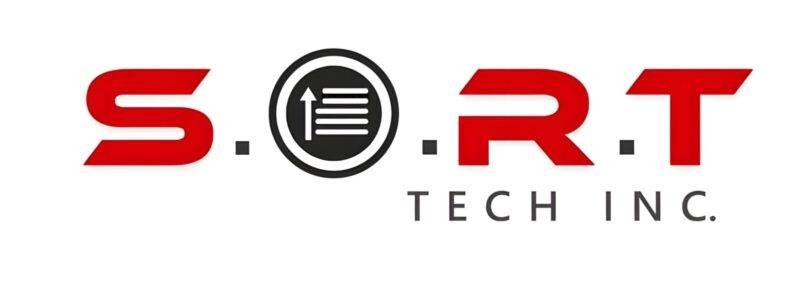Running a successful trucking business requires effective fleet management, streamlined operations, and optimized logistics. In today’s fast-paced and highly competitive industry, manual processes and outdated systems can hinder growth and profitability. That’s where a powerful Trucking Management Software (TMS) comes in. A TMS is a comprehensive software solution designed specifically for the trucking industry, revolutionizing the way businesses manage their fleets and operations. Let’s explore the numerous benefits that a TMS offers.
Enhanced Efficiency:
One of the primary advantages of a TMS is the automation of key processes. From load planning and dispatching to route optimization and real-time tracking, a TMS eliminates manual work and streamlines operations. By automating these tasks, businesses can achieve higher efficiency, reduce administrative burdens, and allocate resources more effectively.
Also Read – Top 5 Best Gas Mileage Trucks In Canada (2023)
Optimal Resource Utilization:
A TMS enables trucking companies to optimize their resources, including drivers, vehicles, and routes. With features like load consolidation and route optimization algorithms, businesses can maximize capacity utilization, minimize empty miles, and reduce fuel costs. This leads to improved profitability and better resource management.
Real-Time Tracking and Visibility:
Gone are the days of uncertainty and limited visibility into fleet operations. A TMS provides real-time tracking and visibility of shipments, allowing businesses to monitor their fleet’s location, status, and estimated arrival times. This visibility enables proactive decision-making, efficient resource allocation, and the ability to provide accurate updates to customers, enhancing overall customer satisfaction.
Also Read – How To Start a Trucking Company In Toronto?
Data-Driven Insights:
A TMS empowers trucking businesses with robust analytics and reporting capabilities. By collecting and analyzing data on key performance indicators (KPIs), driver performance, fuel consumption, and more, businesses can make data-driven decisions. This valuable insight allows for continuous improvement, identifying areas for optimization, reducing costs, and increasing profitability.
Improved Customer Service:
With a TMS, businesses can provide superior customer service. Real-time tracking, accurate ETAs, and proactive notifications enhance communication with customers, increasing transparency and trust. Additionally, the ability to quickly adapt to changing circumstances, such as rerouting due to traffic or weather conditions, ensures timely deliveries and customer satisfaction.
Also Read – What To Look for While Choosing the Perfect Trucking Company In Florida?
Compliance and Documentation:
In the trucking industry, compliance with regulations and proper documentation are critical. A TMS simplifies compliance by automating record-keeping, generating necessary reports, and ensuring adherence to legal requirements. This alleviates the burden of manual paperwork, reduces errors, and ensures compliance with industry standards.
Scalability and Growth:
As a trucking business expands, managing operations and maintaining efficiency can become challenging. A TMS is built to scale, accommodating the growing needs of a business. With its modular design and customizable features, allowing businesses to scale their operations seamlessly.
Conclusion:
In the highly competitive trucking industry, a Trucking Management Software (TMS) is essential for businesses looking to optimize operations, drive efficiency, and boost profitability. By automating tasks, providing real-time visibility, delivering data-driven insights, and improving customer service, a TMS empowers businesses to stay ahead of the competition and achieve sustainable growth. Embrace the power of a TMS and unlock the full potential of your trucking business.





